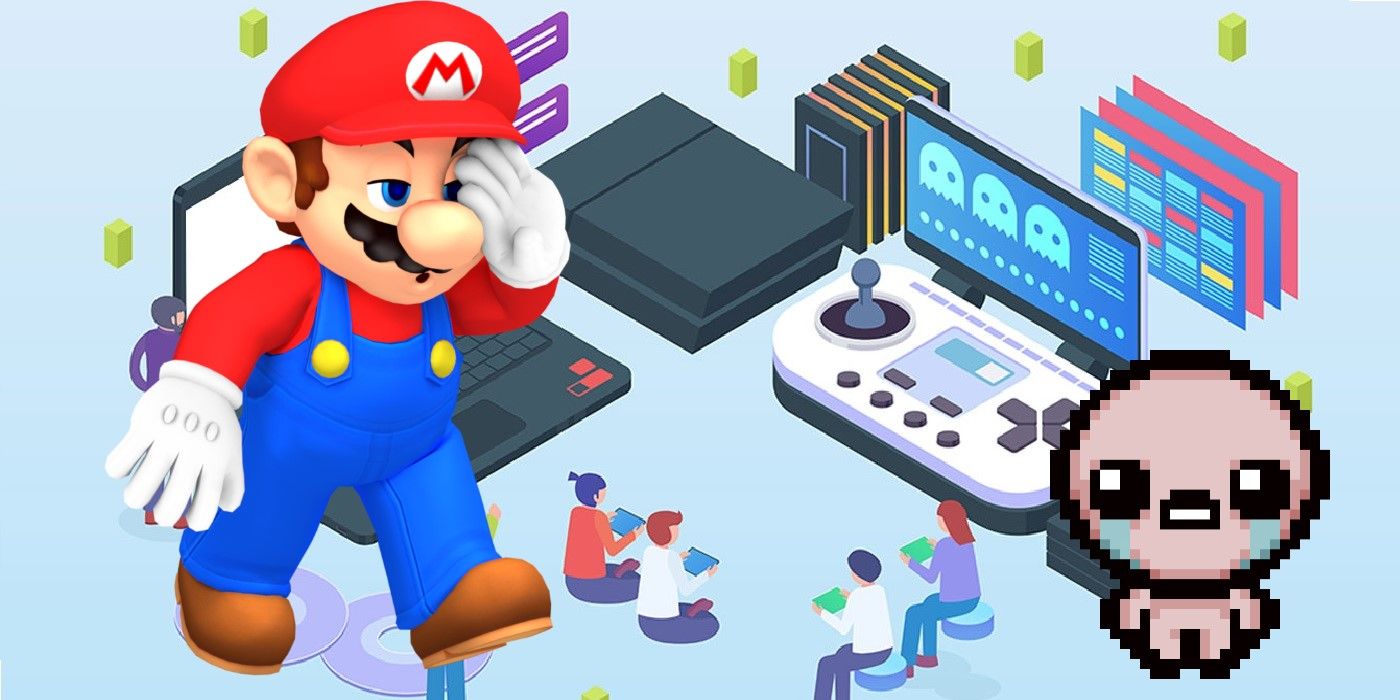Countless internet developers are chiming in on a question about retirement, and the answers seem rather bleak. The individuals that work very hard on creating the video games that so many know and love apparently do not foresee themselves retiring any time soon; or at all.
While those who are the big names within the industry may be able to step away, like Reggie Fils-Aime retiring from Nintendo a few years ago, there are others in lesser positions that are finding it to be much more difficult to fathom. Recently animator Robert Morrison of Certain Affinity posed the question of whether other developers were planning on retirement, and the answers are a bit depressing.
In answering Robert Morrison's question, many are finding it hard to realistically think about retirement. For Josh Sawyer, who works at Obsidian, he simply does not find it feasible financially. He is hoping to eventually purchase a house, and if he does that, retirement seems unlikely.
The problem for many is that the combination of the cost of living in areas like San Francisco (and other places where many studios are located) with the salary makes retirement difficult to fathom. Student loans, rent, and day-to-day living are hard enough let alone thinking of the future.
The hope for a lot of indie developers is to make a hit game. It is possible--for those select few--to create a masterpiece title that sells millions of copies, like Stardew Valley, for example. One single game could be a retirement plan, in a way.
Thankfully, not everyone has depressing answers. An EA worker, @maaikesww, said that they have a retirement fund in which they put a percentage towards it each pay, and that increases with each annual pay increase. This sounds like a standard 401k (albeit the worker does not mention a company match which also would be a part of a normal company-provided 401k plan), so it is nice that a larger company like EA which apparently cares about work culture would implement that.
Some game developers took a bit more of a comedic approach, like BioWare's John Epler who does indeed plan on retiring, but by taking his life savings to the West to diminish and "remain John Epler." Linus Josephson, who works for DICE and is likely currently working on the heavily rumored Battlefield 6, wants to retire by opening a small studio in a country village where he can make pixel art games and run a cafe for seasoned gamers.
Within the context of the young video game industry, perhaps a good way to look at it would be how indie developer Steve Streeting does. In his eyes, game development is semi-retirement, as he has had related jobs in the industry for a while. It may be that developers work until they cannot work any longer, but hopefully, the pace can slow down.
Video game history is such that circumstances can change. Things are evolving rapidly, and developers may have full-blown retirement plans or unions or more support in the coming years. But retirement is all about planning ahead, and if that is not easy to do right now for a lot of developers, which is unfortunate.

